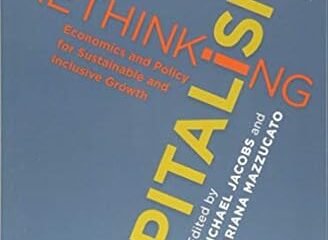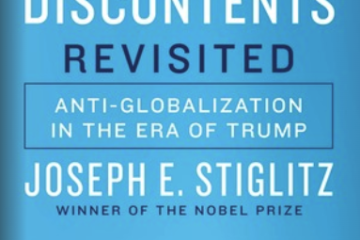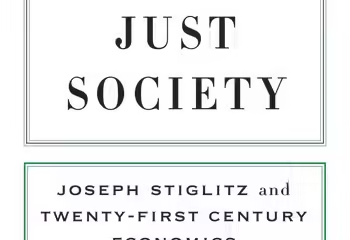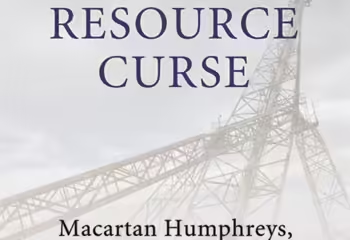Business & Society
Rethinking Capitalism: Economics and Policy for Sustainable and Inclusive Growth
In this book some of the world’s leading economists propose new ways of thinking about capitalism. In clear and compelling prose, each chapter shows how today’s deep economic problems reflect the inadequacies of orthodox economic theory and the failure of policies informed by it.




